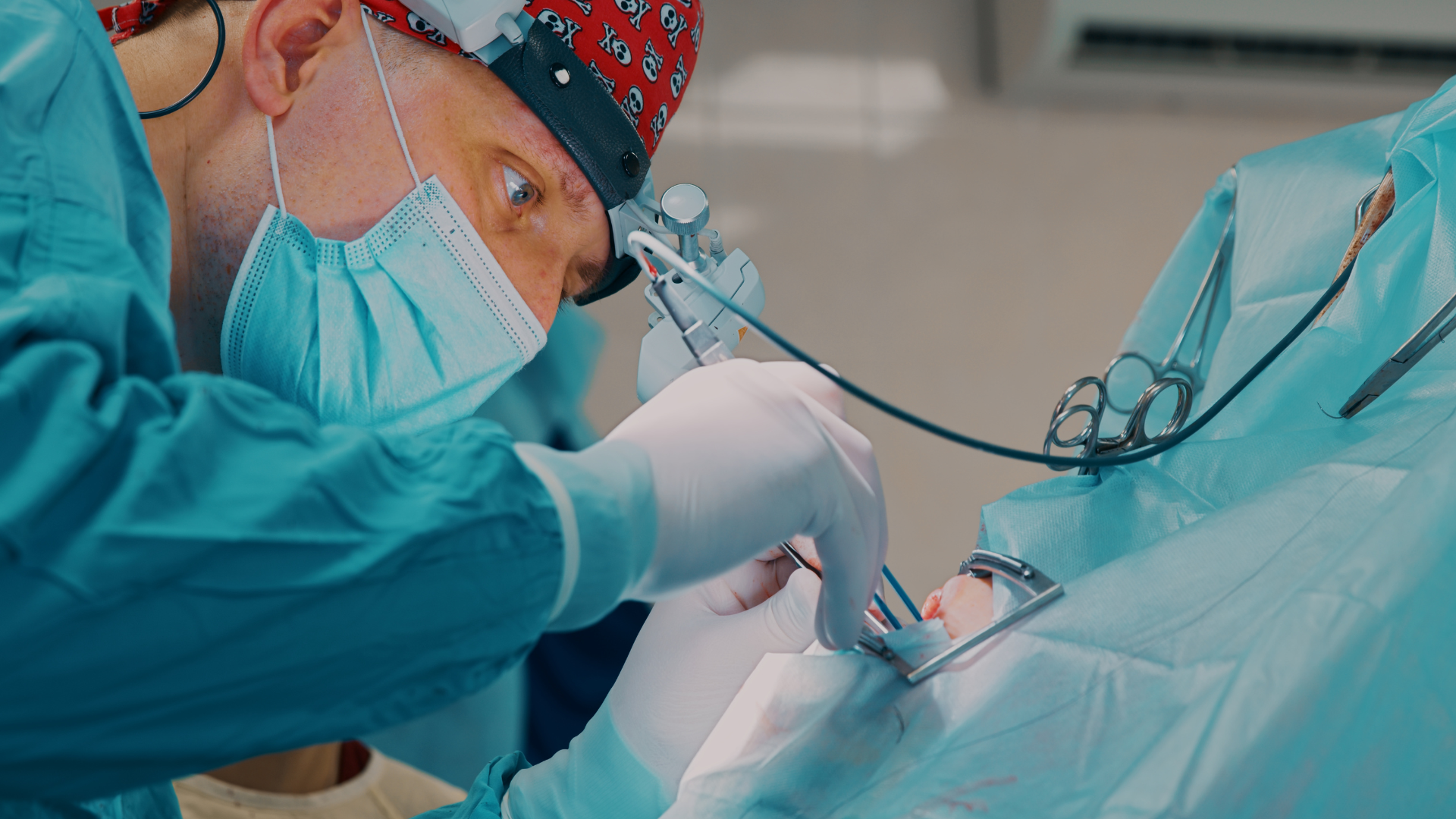Oral surgeons, also known as oral and maxillofacial surgeons, are dental specialists who undergo extensive training beyond dental school to address a variety of complex dental and facial issues. Their expertise covers a wide range of surgical procedures, making them essential for certain dental and health conditions. Here are the key scenarios in which consulting an oral surgeon is advantageous:
- Complex dental Extractions: Tooth extractions can vary in complexity. While general dentists can perform routine extractions, impacted teeth, especially wisdom teeth, often require the expertise of an oral surgeon. Impacted teeth are those that have not fully erupted through the gum line or have grown at an angle. These extractions are more complex and may involve cutting into the gum or bone. Oral surgeons are trained to manage these situations effectively, minimizing discomfort and reducing the risk of complications such as infection or nerve damage.
- Dental Implants: Dental implants are an excellent solution for replacing missing teeth. The procedure involves placing a titanium post into the jawbone, which acts as a root for a new artificial tooth. Oral surgeons have specialized training in implant placement, ensuring precise and successful integration with the bone. Their expertise is crucial in cases where the jawbone requires augmentation or when the placement needs to be meticulously planned to avoid vital structures such as nerves or sinuses.
- Jaw Surgery: Conditions like TMJ disorders, jaw misalignments, and severe bite issues can significantly impact a person’s quality of life, causing pain, difficulty in chewing, and speech problems. Oral surgeons are trained to perform corrective jaw surgery (orthognathic surgery), which involves repositioning the jawbones to improve function and aesthetics. This surgery can alleviate pain, enhance chewing efficiency, and improve overall facial harmony.
- Tumor Removal: Abnormal growths or tumors in the oral cavity or jaw can be benign or malignant. Early diagnosis and removal are crucial for preventing further complications. Oral surgeons have the expertise to perform biopsies, accurately diagnose the condition, and surgically remove tumors. They also manage post-surgical care to ensure proper healing and recovery, minimizing the risk of recurrence.
- Trauma Treatment: Facial injuries resulting from accidents, sports, or violence can be severe and require immediate and expert attention. Oral surgeons are equipped to handle these emergencies, providing surgical interventions to repair broken jaws, fractured facial bones, and damaged teeth. Their training ensures that they can restore both function and appearance, addressing complex injuries with precision.
- Obstructive Sleep Apnea: Obstructive sleep apnea is a condition characterized by repeated interruptions in breathing during sleep due to the collapse of airway tissues. Oral surgeons can perform surgeries such as uvulopalatopharyngoplasty (UPPP), genioglossus advancement, or maxillomandibular advancement to reposition or remove tissues that block the airway. These procedures can significantly improve airflow, reduce sleep apnea episodes, and enhance overall sleep quality.
- Cleft Lip and Palate Repair: Cleft lip and palate are congenital deformities that affect the upper lip and roof of the mouth, leading to difficulties in eating, speaking, and breathing. Oral surgeons are integral to the multidisciplinary team that addresses these conditions. They perform reconstructive surgeries to close the clefts, realign the tissues, and restore normal function and aesthetics. These surgeries often begin in infancy and may continue through adolescence to achieve the best outcomes.
Consulting an oral surgeon can be critical in managing complex dental and facial issues. Their specialized training enables them to perform intricate surgical procedures that general dentists may not be equipped to handle. Whether you need a difficult tooth extraction, dental implant, corrective jaw surgery, tumor removal, trauma treatment, sleep apnea surgery, or cleft repair, oral surgeons provide the expertise and care necessary to achieve optimal outcomes. Understanding when to seek the expertise of an oral surgeon can significantly impact your oral health and overall well-being.














